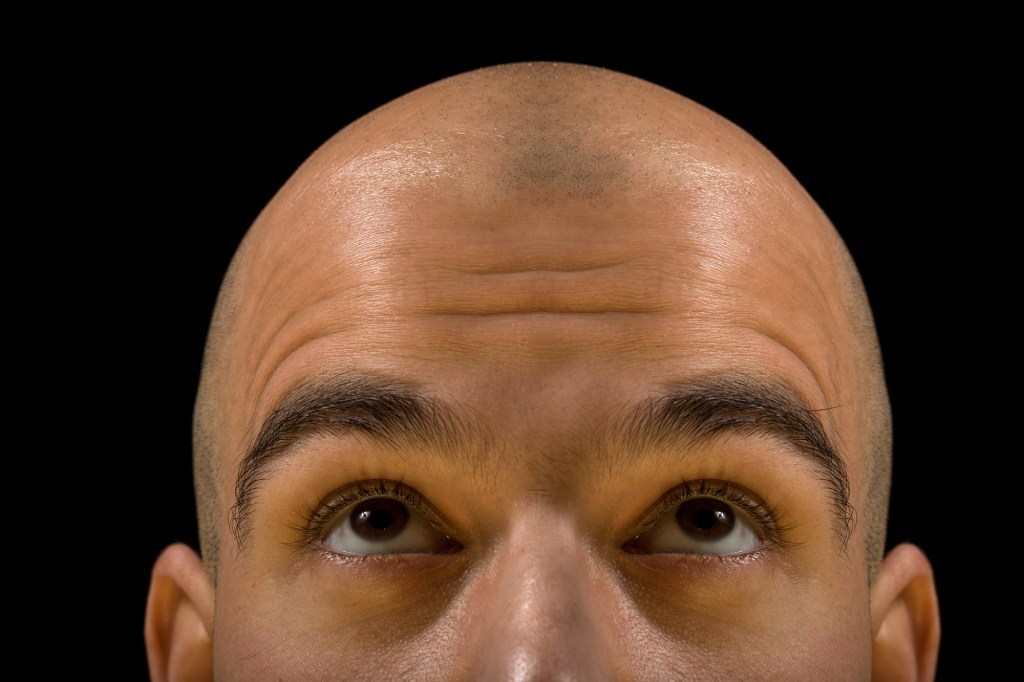Author Cindy Krischer Goodman at the South Florida Sun Sentinel reports that hair loss may not solely be attributable to age, but also significantly influenced by diet. Recent research sheds light on how certain foods and drinks can contribute to hair thinning, while others may promote hair growth.
A comprehensive analysis published in Nutrition and Health reviewed 17 studies, indicating an alarming association between sugar-sweetened beverages, alcoholic drinks, and increased hair loss. Laura Acosta, a registered dietitian and associate professor at the University of Florida, elaborates, “When we consume high amounts of sugar, we get an insulin spike that promotes inflammation and can distort the natural hair growth cycles.”
Furthermore, Acosta highlights that although alcohol may not directly cause hair shedding, it creates conditions detrimental to hair health, such as nutrient deficiencies, nutrient malabsorption, liver stress, poor sleep, and systemic inflammation.
Protein intake is another crucial factor in hair health. Acosta points out the necessity for individuals to consume half a gram of protein per pound of body weight daily to prevent hair loss. Dr. Jila Senemar, a menopause specialist in Miami, adds, “We tend to be more protein-deficient than we think,” emphasizing the intertwining of diet, hormonal balance, and hair shedding.
To support hair growth, nutritionists recommend several foods:
- Soy-based options like edamame and tofu
- Cruciferous vegetables, including broccoli and cauliflower
These foods are believed to combat hair loss due to the antioxidant and anti-inflammatory effects of their phytochemicals, such as isoflavones and carotenoids. Additionally, persimmon leaf has emerged as a beneficial component for hair health, associated with increased hair density and thickness. The antioxidants in persimmon leaf, including quercetin, enhance blood circulation to the scalp and can be consumed as tea or taken as a supplement.
While many of the studies reviewed centered on women, evidence also exists regarding men. One study involving 76 men suffering from male pattern baldness showed promising results: those who consumed 400 mg of pumpkin seed oil for 24 weeks experienced significantly greater hair growth than a placebo group. Researchers speculate that hormonal factors may play a role, as pumpkin seed oil might reduce dihydrotestosterone (DHT), a hormone linked to hair follicle thinning.
Vitamin D is another supplement that has gained attention for its potential in combating hair loss. The review encompassed at least five studies highlighting the protective nature of elevated Vitamin D levels against this issue. Acosta suggests aiming for about 2,000 international units (IUs) of Vitamin D daily, while also cautioning against possible toxicity from excessive intake.
Iron supplementation has also shown positive results in promoting hair growth, as one study indicated improvement in women taking 100-milligram iron tablets. Senemar advises that individuals with iron deficiency consider pairing their iron supplements with Vitamin C to enhance absorption. Foods rich in iron, such as spinach, lentils, and almonds, are excellent dietary sources that can support hair health.
Acosta recommends that individuals have their iron, zinc, and biotin (Vitamin B7) levels assessed, as deficiencies in these nutrients can lead to hair loss. Adults should target a daily intake of 30 micrograms of biotin, which is found in foods like meats, eggs, fish, nuts, and vegetables like sweet potatoes. However, she cautions, “If you’re not biotin-deficient, though, taking biotin supplements is unlikely to help your hair,” rendering an individualized approach necessary.
Collagen supplements have also garnered research interest for their role in promoting hair growth. “There is some exciting research going on around collagen supplements that a few years ago I probably would have dismissed, but now it really has my attention,” Acosta noted, signaling a shift in perspective regarding these supplements.
This extensive review was underpinned by a thorough search across three major scientific databases—PubMed, Web of Science, and Scopus—with an examination of terms including “dietary intake,” “nutritional status,” and “hair growth.” The analysis involved a total of 613,320 individuals, predominantly women, aged between 7 and 77 years.
Despite the scale of the research, Acosta emphasizes that these are observational studies showcasing correlations rather than establishing causation. “These were observational studies, meaning that we see associations, but we can’t necessarily prove causation from these types of studies,” she explained.






